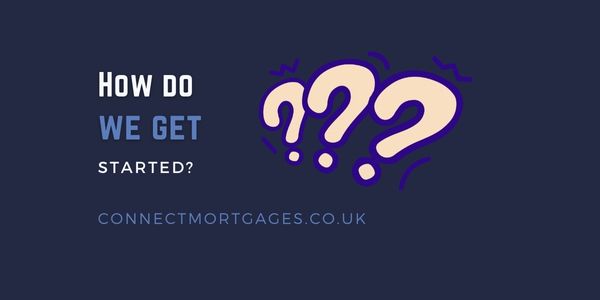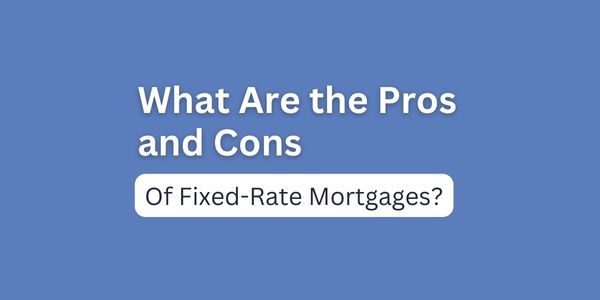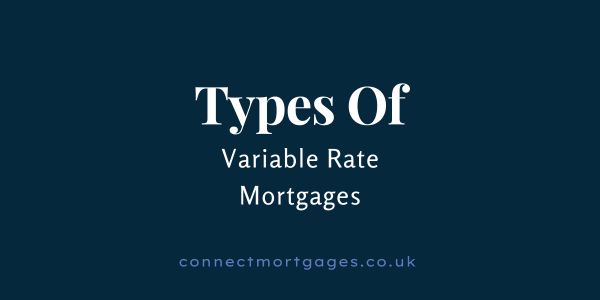When you’re hunting for a mortgage loan, it is imperative to comprehend the interest rate associated with your monthly payments. An attractive rate can mean the difference between a comfortable loan repayment plan and one that leaves you financially strained.
That’s why it pays to research when looking for a mortgage loan. Shop around, compare rates and negotiate with lenders to get the best deal possible. After all, a lower interest rate means more money going toward your principal and less toward interest payments.
Think of the possibilities with a lower interest rate
You could refinance to reduce your monthly payments or, better yet, pay off your loan faster. Even if you’re already locked into an agreement with a particular lender, it’s always worth considering refinancing to see if you can improve your monthly payments.
Finding a mortgage loan with an attractive rate is all about doing your homework. It may take some time to compare options and negotiate terms, but it will be well worth it when you put more money in your pocket each month. So remember to watch for the best possible rate when shopping for a mortgage loan. Then, you can save yourself some money.
Though daunting at first glance, diligent research and investigation will ensure you get the most profitable deal.
How do we get started?

Need help to figure out where to begin? Not to worry! Our complete guide to understanding interest rates is here to help you. With this practical guide, you’ll better understand interest rates and be prepared and confident to immediately obtain an outstanding mortgage loan. In addition, we’ll cover the various types of interest rates.
First things first, the interest rate will differ due to various factors, for example:
- Amount borrowed
- Deposit amount
- Type of mortgage
- Lender offers or deals
This is always subject to individual lenders’ criteria. The second thing it is essential to know what each optional rates are and the purpose they serve as follows;
What is a fixed-rate mortgage?
A fixed-rate mortgage is an attractive option for first-time home buyers, as the interest rate and payments remain constant over a specified period, commonly two, three, five or ten years. This provides them with greater control when it comes to financial planning each month.
How does a fixed-rate mortgage work?
- Regardless of any fluctuations in interest rates, your monthly payments will remain the same as long as this agreement is active.
- With 5-year or 10-year fixed-rate mortgages, lenders are likely to impose higher rates since they assume more of a risk that interest rates won’t increase.
- After the fixed rate period has ended, you typically progress to your lender’s Standard Variable Rate (SVR), which is often higher than what you were previously paying and usually more expensive than their own Tracker Rates.
- Preparing three to four months in advance is worthwhile to secure the best deal possible on your next fixed-rate mortgage. This will give you plenty of time to scour the market and compare rates more favourable than the standard variable rate.
What are the pros and cons of fixed-rate mortgages?

Pros
- You can rest assured that your monthly payment will always be the same.
- For first-time buyers, these solutions can help them confidently budget for a certain amount of years.
- With a variable-rate mortgage, you are shielded from any future increases in interest rates.
Cons
- Sometimes, fixed rates may be higher than the most cost-effective variable rates.
- If interest rates suddenly plummet, you would be unable to take advantage of the savings due to being bound by a fixed-rate mortgage.
- If you switch to a different rate before your contract expires, you may be liable for an early repayment fee.
Are you wondering about the distinctions between fixed-rate and variable-rate mortgages?
Choose fixed-rate mortgages for guaranteed affordable monthly payments. Your interest rate will remain the same so that you can plan for budgeting. On the other hand, variable-rate mortgages offer lower rates that fluctuate with market conditions. If your luck holds, your monthly payments could decrease over time!
- What is a variable rate mortgage? Considering a variable-rate mortgage, be aware that your monthly payments can fluctuate according to the terms. Your lender typically sets what’s known as the Standard Variable Rate, but there are also two other types of mortgages, Tracker Rates and Discount Rates, which may offer greater flexibility.
How does a variable rate mortgage work?
- Depending on the index rate, your monthly payments may shift.
- Unlike a fixed-rate mortgage, a variable-rate mortgage offers no assurance of the monthly payments you will be obliged to make.
- Despite having a lower rate initially than its fixed counterpart, your interest rates could increase when the market rises.
- Tracker mortgages offer fixed terms, while standard variable rates remain indefinite.
- Generally, exchanging your rate for a fixed one won’t incur any early termination fees.
Types of variable rate mortgages

- Standard variable rate mortgages: To determine your interest rate, look to the lender. Different mortgage lenders will have varying rates depending on their policies. For example, suppose you’re utilising a fixed-term discount or tracker mortgage rate plan. When the term ends, it’ll shift over to a higher standard variable rate from the lender’s side with no clear indication of when that increase might happen.
- Discounted variable rate mortgage: When deciding on a bank or building society’s standard variable rate (SVR) for a certain period, usually two to three years, you may be offered an enticing discount. For example: suppose the lender’s SVR is 4.5%, and they offer you 1% off that rate; your first payment will amount to 3.5%. Unfortunately, these discounts are subject to change without warning as lenders may decide at their whim when altering them. However, incredible interest rates might initially appear upon signing up with the lender; there is no guarantee that they would decrease if similar decreases occur in general market rates quite often; such changes could lead to increased payments down the line.
- Tracker rate mortgage: Mortgage rates that track the Bank of England base rate usually range between one and five years, although there are “Lifetime” tracker mortgages with no end date. It’s essential to take your time when deciding which type of mortgage is right for you, as it can make a huge difference in how much you pay each month. Learn more about what tracker rate mortgages can do for you today.
What is a tracker mortgage?
A tracker mortgage is a distinctive type of adjustable rate loan which reacts to fluctuations in the Bank of England’s benchmark interest rate. This loan can be taken out for up to five years or even have an indefinite lifetime, meaning your payments may go up or down based on any changes imposed by the Bank of England’s base rates, similar to all other variable loans.
How does a tracker mortgage work?
- Fixed-rate mortgages are usually tied to the Bank of England base rate and can be tracked for one to five years. For example, your mortgage could track at 2% above the BoE (or other independent) rate, meaning that as their rates fluctuate, so do yours. Your monthly payments will also adjust accordingly.
- Borrowers will have various tracker rates available, which depend on their credit score, loan-to-value ratio (amount offered as a deposit) and numerous other elements.
- By opting for a longer-term tracking plan, you can enjoy margins significantly higher than the base interest rate.
- It is crucial to remember that while most lenders often follow reductions in the Bank of England base rate interest, they are not obliged to.
- Once the tracker term concludes, you are usually transferred to your lender’s standard variable rate, which is typically higher than other rates due to its origin with them.
What are the benefits of a tracker mortgage?
Pros
- If interest rates decrease, your monthly expenses and payments will likely reduce.
- As it is linked to the Bank of England base rate, this type of lending allows for fewer decisions on behalf of lenders.
- By lowering your monthly payments, specific lenders allow you to maintain consistent payments but at a reduced rate, thus enabling you to pay off your mortgage faster and spend less interest.
- If you need a more secure rate, you can frequently switch to a fixed-rate mortgage deal without incurring an early repayment fee, even if interest rates should rise.
Cons
- When interest rates rise, so do your monthly payments and expenses.
- To secure their profits, many lenders have implemented a ‘collar rate’ to keep interest rates from dropping too low. Unfortunately, this means that you may not be able to benefit from the lowest available interests.
Final Thought:
In conclusion, the best rate is choosing the mortgage that best suits your needs. Consider the potential rate movements and what to expect from your lender when making this critical decision. With the right knowledge, you can rest assured that you have chosen the mortgage best suited for your long-term financial well-being. Finding a mortgage adviser solves that problem, as they can source the rate that best fits you.
**Your home is at risk if you do not keep up repayments on a mortgage**






